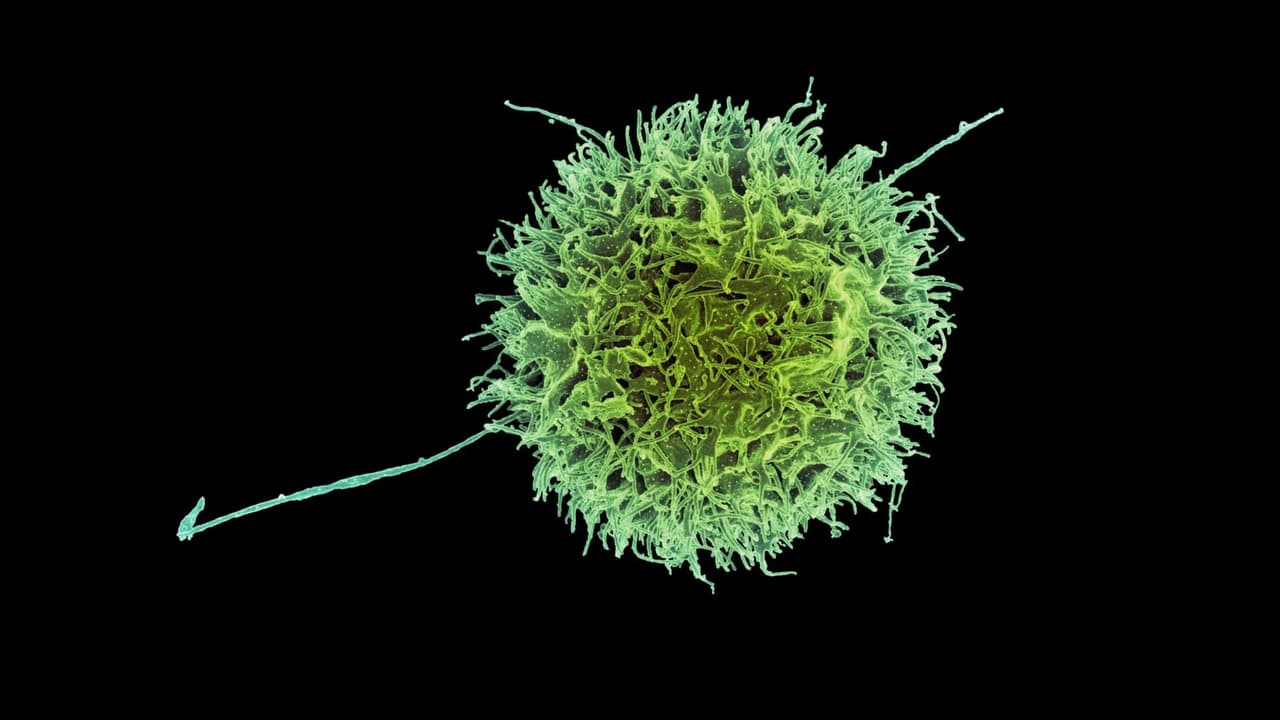MIT and Harvard researchers have developed “stealth” CAR-NK immune cells that can destroy cancer while evading immune rejection. This breakthrough could enable off-the-shelf, faster, and safer cancer therapies ready for use right after diagnosis.
In a major step toward faster and safer cancer therapies, scientists from MIT and Harvard have engineered a new class of immune cells called CAR-NK (chimeric antigen receptor–natural killer) cells that can attack tumors while evading the body’s immune defenses.
Unlike traditional CAR-T therapies—which take weeks to prepare and can trigger severe immune reactions—these newly designed CAR-NK cells can be mass-produced and stored for “off-the-shelf” use, allowing treatment to begin immediately after diagnosis. The study was published in Nature Communications.
Reprogramming Nature’s Cancer Killers
Led by MIT biologist Jianzhu Chen and Rizwan Romee from Harvard Medical School, the team discovered a way to make donor NK cells “invisible” to the immune system. By silencing certain surface proteins (HLA class 1 molecules) and adding genes that boost cancer-fighting ability, the researchers created immune-evasive CAR-NK cells that destroyed tumors in mice without being rejected.
Stronger Results, Fewer Side Effects
Tests showed that these modified cells effectively wiped out lymphoma cells in mice with human-like immune systems, surviving for weeks while avoiding the immune attack that usually kills donor cells. Importantly, they caused far fewer side effects such as cytokine release syndrome—a dangerous immune overreaction common in CAR-T therapies.
A Leap Toward Faster, Safer Cancer Care
The researchers believe this approach could make cell therapy faster, safer, and more accessible, paving the way for future cancer and autoimmune disease treatments. Clinical trials are now being planned in collaboration with Dana-Farber Cancer Institute and biotech partners.
